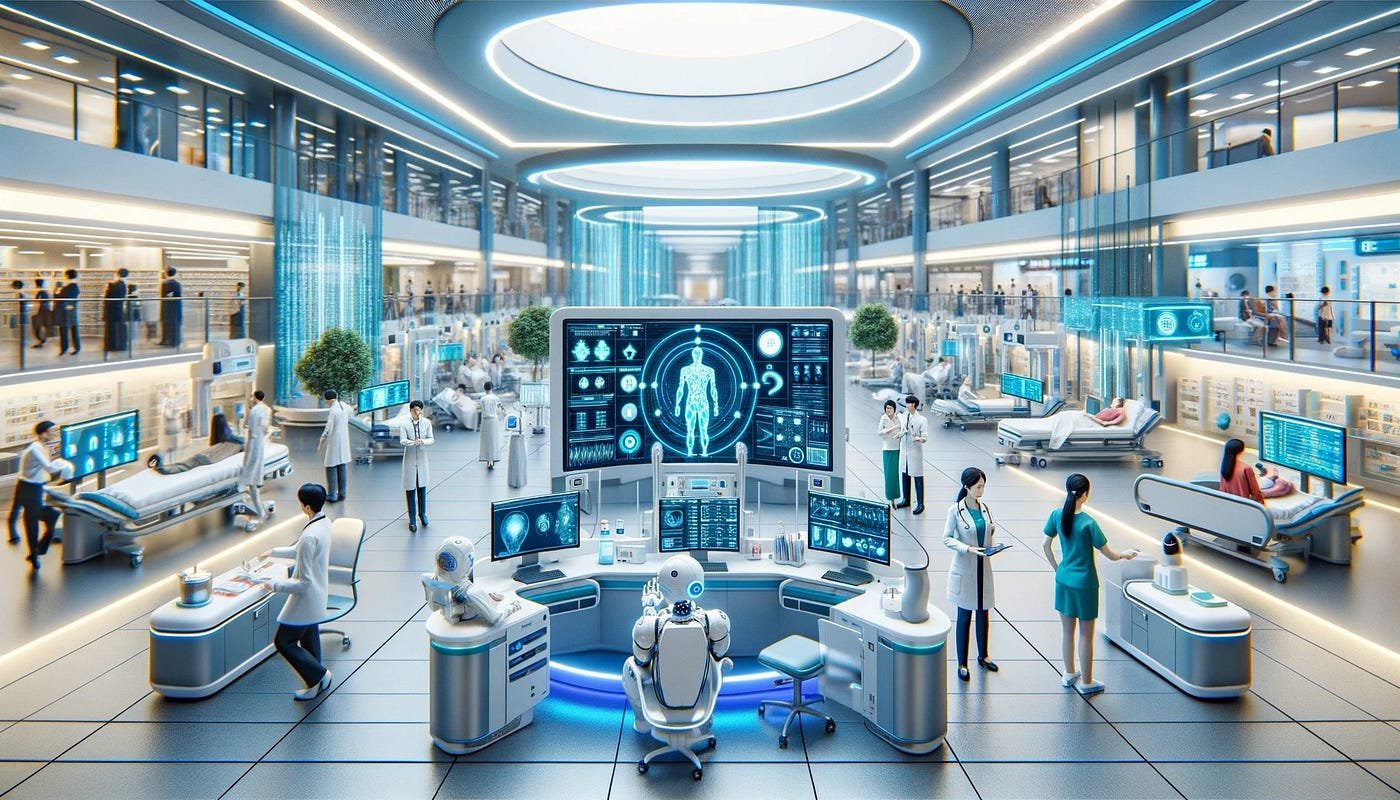A landmark moment in healthcare innovation arrived this week as researchers at Tsinghua University introduced the world’s first fully AI-operated “Agent Hospital.”
This visionary virtual hospital runs entirely on intelligent agents—14 AI doctors and 4 AI nurses—that diagnose, treat, and manage follow-up care via advanced language-model systems.
The pioneers behind the project say the system can handle up to 3,000 patients a day, delivering care with an impressive 93% accuracy on U.S. medical licensing exam questions. It’s a concerted effort to relieve pressure on overburdened health systems, allowing human clinicians to focus on more complex cases.
Rather than being a physical facility, Agent Hospital operates in a virtual environment. Patients interface with AI agents that can ask questions, interpret symptoms, recommend tests, and plan treatment—mirroring the work of human practitioners while offering rapid, scalable service.
For many, this represents a leap toward accessible and efficient healthcare, particularly in regions where clinics and specialists are scarce. It also offers a valuable resource for medical training, allowing students to simulate hundreds of patient interactions without risk or resource limitations.
Agent Hospital isn’t just about treating patients—it’s also a training ground. Medical professionals can refine their clinical skills in a controlled environment, which could dramatically speed up learning and reduce errors in early-career stages. The platform’s predictive modeling of disease progression also holds promise for pandemic preparedness, providing early insights into potential outbreaks.
Also Read; Africa Emerges as Leader in HIV Research
Moreover, this technology could extend access to reliable healthcare in underserved communities—through remote interactions that were previously impossible due to geographic or financial constraints.
However, as AI steps into roles traditionally handled by humans, important ethical and legal questions arise. Who bears responsibility for errors? How are patient rights within trust and privacy respected? And crucially, where does regulation fit in?
International frameworks around medical AI remain nascent. Agents like these must prove themselves not just in clinical trials but also in real-world settings, under oversight comparable to new drugs or devices.







